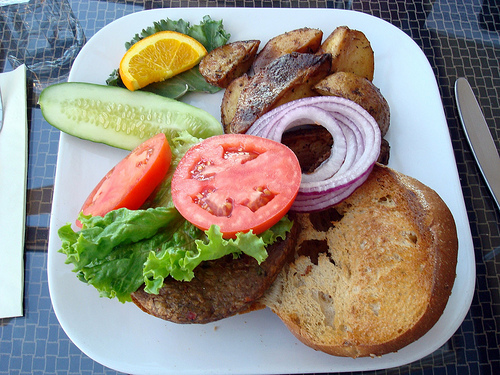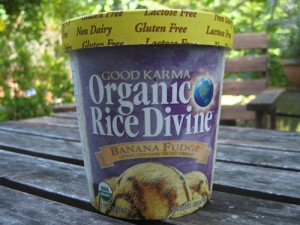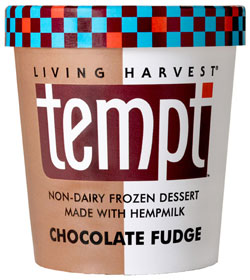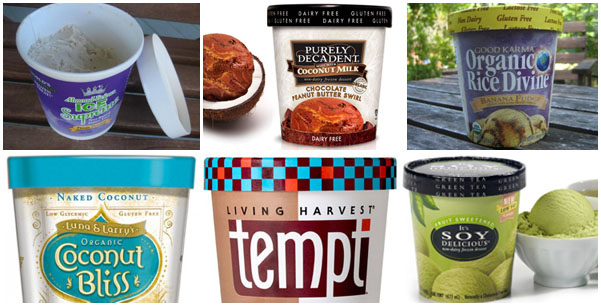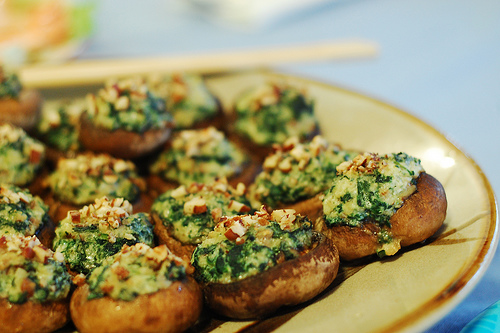Probiotics are getting some good press lately (and some bad). This probiotics guide dives into what they are, what they do, and how to eat more probiotics.
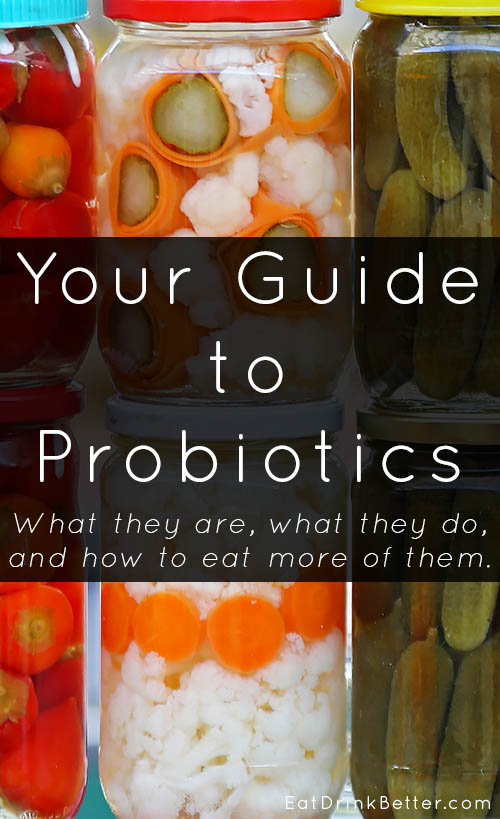
What are probiotics?
The short answer to this question is that probiotics are often called “good bacteria,” though beneficial yeasts can also fall under the probiotic umbrella. We all have natural probiotics in our digestive tracts already, and the idea behind taking probiotic supplements and eating probiotic rich foods is to help keep those good microorganisms in balance.
You can’t really talk about what probiotics are without talking about what they do. What does “balance” mean when we’re talking about gut flora? The answer is kind of complicated. Alongside beneficial bacteria in our guts, there are harmful bacteria. Sometimes, there are more harmful bacteria than beneficial, and this can throw your digestion – and possibly other areas of your health – out of whack. Eating probiotic-rich can help restore the equilibrium.
Lots of things can throw off our gut flora, and taking antibiotics is probably the most common cause. Antibiotics kill bacteria, which is good when you’re fighting an illness that your body can’t handle on its own. But antibiotics don’t just target the bacteria that are making you sick. They can also kill the good bacteria in your gut. Eating more probiotics can help restore that balance.
What are the health benefits of probiotics?
Research on probiotics really only began in the past 20 years, so a lot of the potential benefits of good bacteria need more study. There is some promising research out there now, though! The list below is not all-inclusive, but it gives you a good idea of the range of ailments that probiotics may help address.
⋅ Research suggests that probiotics may help improve your mood and help your body handle stress.
⋅ One UCLA study found a link between gut health and brain function. According to their press release, “as the complexity of the gut flora and its effect on the brain is better understood, researchers may find ways to manipulate the intestinal contents to treat chronic pain conditions or other brain related diseases, including, potentially, Parkinson’s disease, Alzheimer’s disease and autism.”
⋅ An Ohio State University study found that probiotics might help toddlers better self-regulate their moods.
⋅ Probiotics may help reduce the chances of you catching the common cold, and they may also decrease your cold’s duration.
⋅ Ingesting probiotics may help prevent childhood eczema. Topical probiotics might also help soothe eczema, though more study is needed.
⋅ There is some evidence that probiotics may help manage irritable bowel syndrome (IBS)
Much of the research on probiotics is preliminary. The good news is that drinking a kombucha or eating fermented sauerkraut isn’t likely to harm you. You can to eat and drink delicious foods, and you’re potentially benefitting your health.
Who should avoid probiotics?
In general, probiotic side effects are positive, but there are a couple of rare cases where you should talk to a doctor before taking probiotics.
If you have short bowel syndrome, however, you may want to talk to your doctor before taking probiotics. Same goes for anyone suffering from immunodeficiency. There have been extremely rare cases of probiotics causing issues in people with weakened immune systems.
Sources of Probiotics
Supplements are an easy way to get more probiotics into your day, but buyer beware! A recent New York State investigation found that many supplement brands didn’t contain what they said they did. Make sure you choose a brand that you trust, if you decide to buy probiotic supplements!
Of course, we are big fans of eating our probiotics around here, and we’ve shared lots of tips and resources to help you eat your probiotics! You can get probiotics from eating an array of fermented foods and sipping on fermented drinks.
⋅ If you’re a fan of sauerkraut, check out these fun ways to sneak more of this fermented food into your day.
⋅ Eating yogurt is probiotics 101, but Jennifer has rounded up some probiotic foods that are even better!
⋅ Feeling experimental? Try making your own fermented kimchi at home.
⋅ Homemade water kefir is another great way to try your hand at home fermentation.
⋅ You can also brew your own kombucha at home.
⋅ But before you get fermenting, make sure you check out this guide to properly sanitizing your jars.
What about prebiotics?
Probiotics are living organisms, and prebiotics are basically the food that those good bugs eat. Many foods that you’re probably already eating are rich in these carbohydrates. They include plant-based foods like asparagus, oatmeal, and bananas. Here’s a handy table laying out some of the best dietary sources of prebiotics:
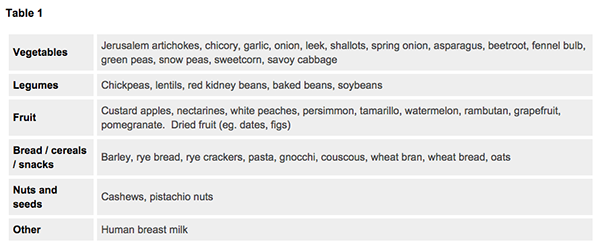
Like with so many things health-related, a look at the best sources of probiotics and prebiotics really points to one thing: eating a variety of whole, plant-based foods, and you’ll be covered.

